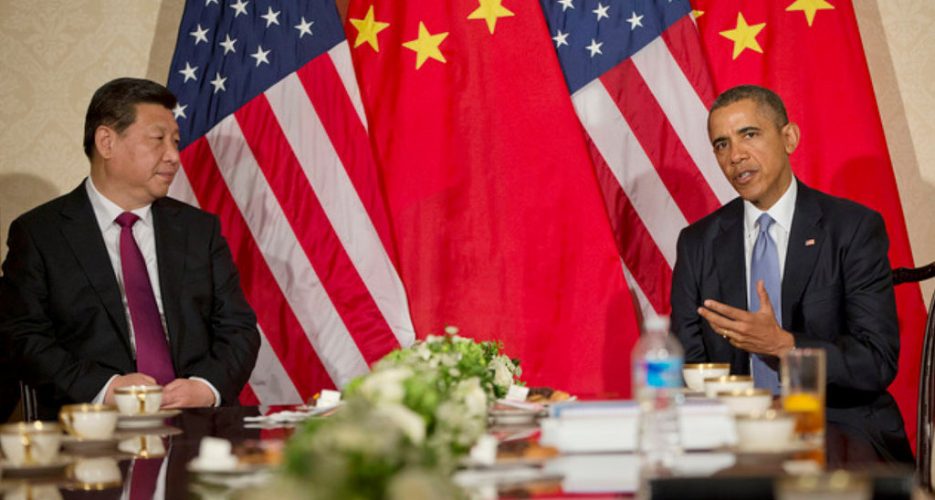All eyes in Asia will turn toward Tokyo this August on the occasion of the 70th anniversary of the conclusion of the Second World War. Asians especially will be eager to hear what Japanese Prime Minister Shinzo Abe chooses to say – and to avoid saying – with regard to his country’s Pacific War legacy. There is, however, a second case of conflicting historic narratives regarding modern Asian history which is drawing scant attention. Yet this other historic disparity has the potential to have a far greater impact on the future of Korea, both North and South.
Xi’s remarks clearly spelled out the wide discrepancy between Chinese and North Korean views on the origins of that war and those of the Americans and South Koreans
All eyes in Asia will turn toward Tokyo this August on the occasion of the 70th anniversary of the conclusion of the Second World War. Asians especially will be eager to hear what Japanese Prime Minister Shinzo Abe chooses to say – and to avoid saying – with regard to his country’s Pacific War legacy. There is, however, a second case of conflicting historic narratives regarding modern Asian history which is drawing scant attention. Yet this other historic disparity has the potential to have a far greater impact on the future of Korea, both North and South.
Xi’s remarks clearly spelled out the wide discrepancy between Chinese and North Korean views on the origins of that war and those of the Americans and South Koreans
Try unlimited access
Only $1 for four weeks
-
Unlimited access to all of NK News: reporting, investigations, analysis
-
Year-one discount if you continue past $1 trial period
-
The NK News Daily Update, an email newsletter to keep you in the loop
-
Searchable archive of all content, photo galleries, special columns
-
Contact NK News reporters with tips or requests for reporting
Get unlimited access to all NK News content, including original reporting, investigations, and analyses by our team of DPRK experts.
Subscribe
now
All major cards accepted. No commitments – you can cancel any time.

